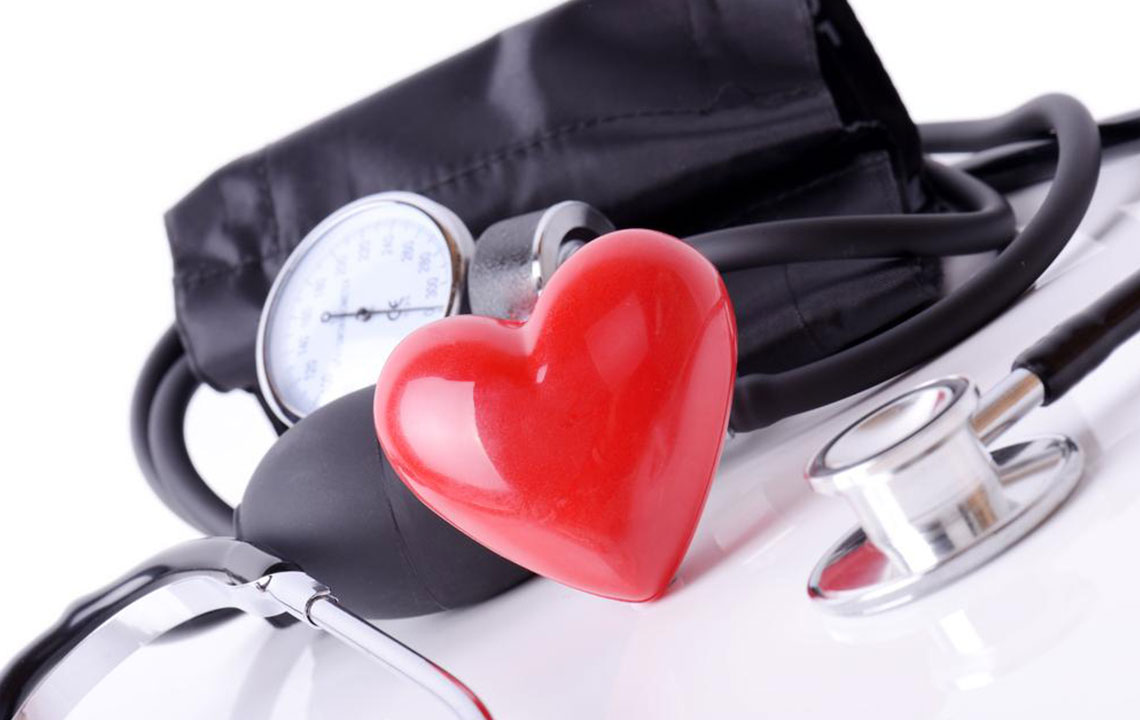Understanding Common Causes of Chest Discomfort
Chest discomfort can stem from heart, digestive, lung, or musculoskeletal issues. Recognizing symptoms and seeking prompt medical care is crucial. Diagnostic tools like ECG, X-ray, and blood tests help determine the cause. Appropriate treatment varies based on the underlying condition, including medications or surgical interventions. Immediate medical consultation is essential for severe or persistent chest discomfort to prevent serious complications.
Sponsored

Identifying the leading causes of chest discomfort
Maintaining good health is vital for a quality life. Modern lifestyles, however, often compromise well-being, especially due to increased stress, lack of physical activity, and poor diet. People are experiencing more health problems, including chest discomfort, which may be linked to heart, digestive, or respiratory issues.
Recognizing the type of chest discomfort is crucial to prevent serious complications. Pain on the upper left could indicate a cardiac event, whereas pain on the right might be due to muscle strain or stress. Prompt consultation with a healthcare professional is essential when experiencing chest discomfort. Here's what you need to know.
What is chest discomfort?
It is a common health concern encountered today.
It can occur at any point in the chest area and may last from seconds to hours.
The severity and duration vary; it can be mild or intense. Chest discomfort may signal heart issues or other health problems that are not life-threatening, but any persistent or severe pain should be evaluated immediately.
Heart-related causes of chest discomfort
Heart attack caused by blocked blood flow.
Angina resulting from narrowed coronary arteries.
Inflammation of the heart muscle (myocarditis).
Pericarditis, which affects the sac surrounding the heart.
Heart muscle disease (cardiomyopathy).
Digestive system causes
Gastroesophageal reflux (acid reflux).
Gallstones and inflammation of the pancreas or gallbladder.
Swallowing difficulties.
Respiratory system causes
Pneumonia or viral bronchitis.
Pneumothorax (collapsed lung).
Blood clots or bronchospasm.
Musculoskeletal causes
Broken ribs or sore muscles.
Back or chest bone fractures.
Associated symptoms
Shortness of breath, fatigue, dizziness.
Abdominal pain, nausea, cough, fever.
Chills, lightheadedness.
Diagnosis methods
Electrocardiogram (ECG) to assess heart function.
Blood tests for enzyme levels.
Chest X-ray for lungs and heart.
Angiogram for artery blockages.
Stress testing and MRI scans.
Treatment options
Cardiac causes: Surgical procedures, stent placement, or medications like nitroglycerin to improve blood flow.
Other causes: Lung treatments, antacids for reflux, or anti-anxiety medications.
Always consult a healthcare professional before starting any treatment. Self-medicating without proper diagnosis can be risky.






